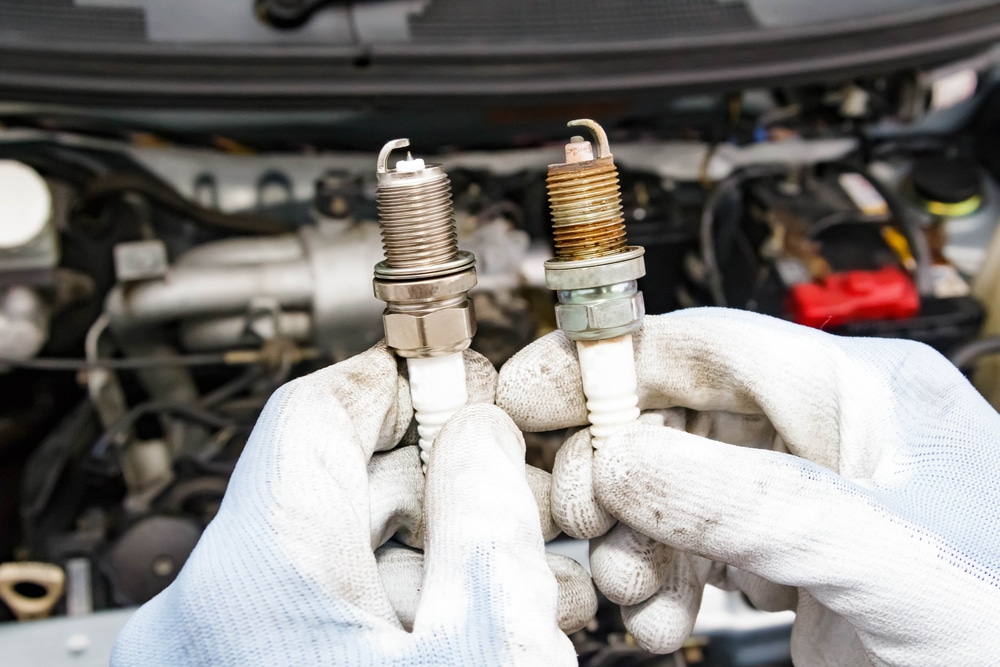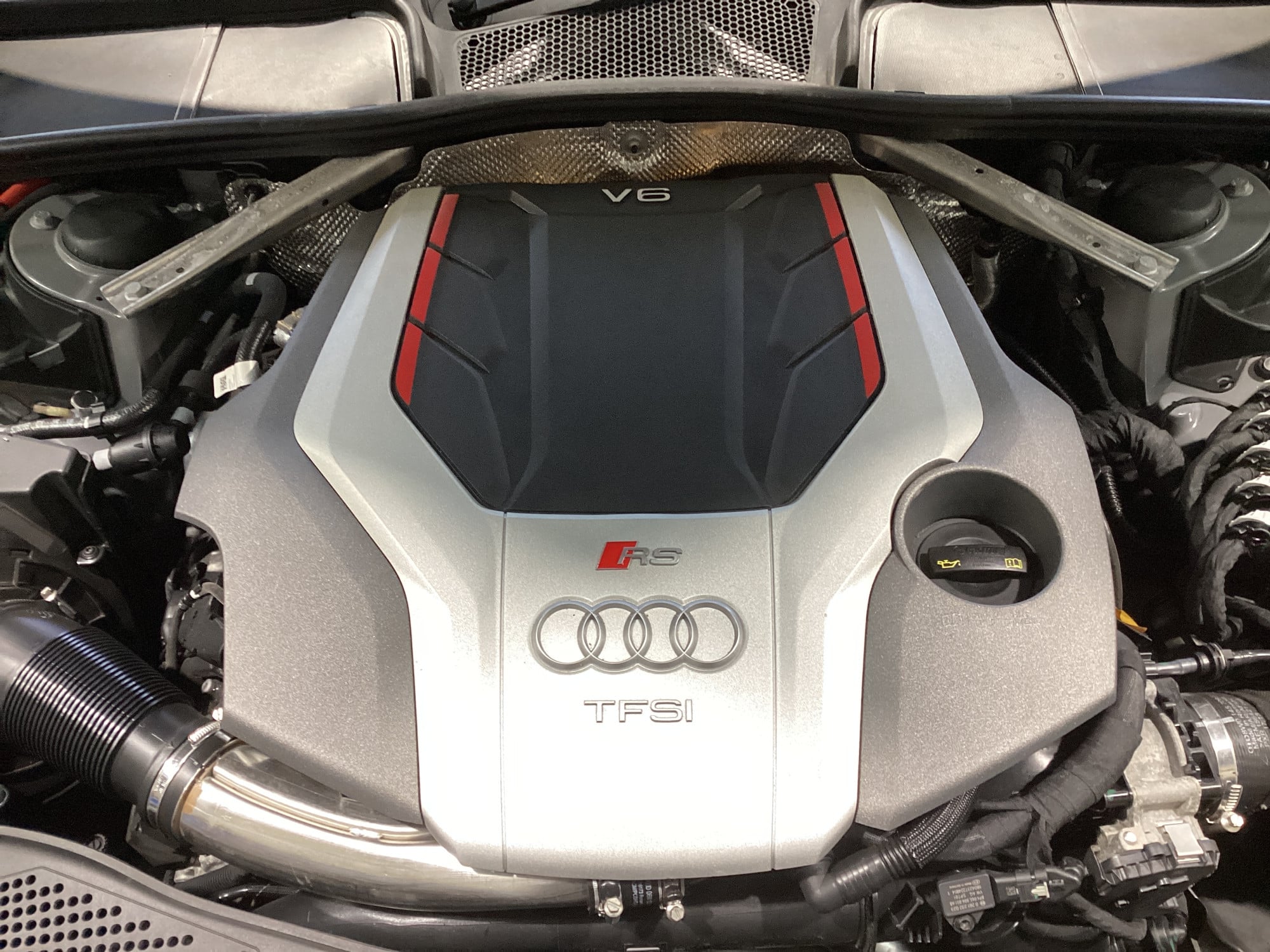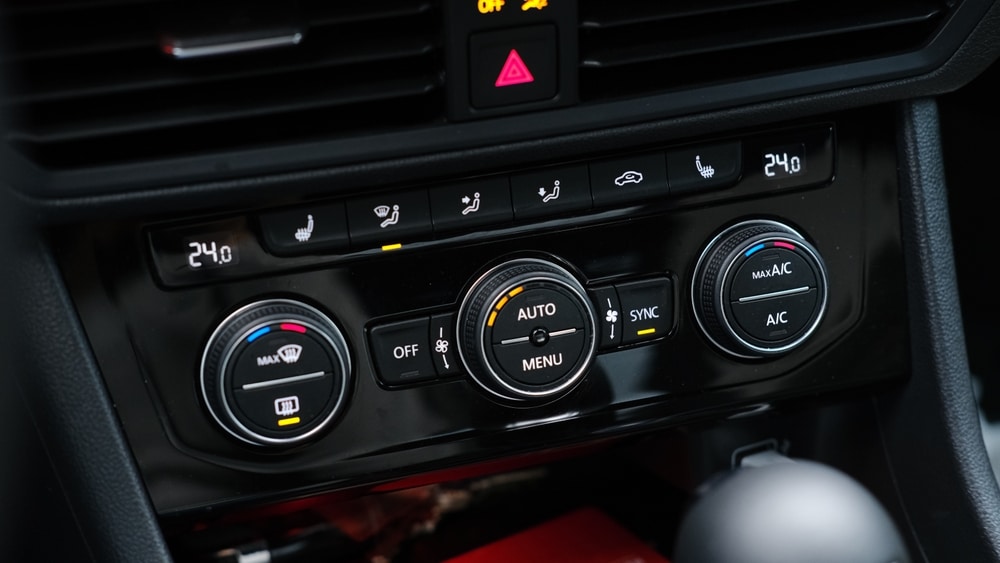Spark Plugs
Your car stalls. Without warning. On the M1 near Milton Keynes during rush hour. In torrential rain. Absolutely terrifying.
The culprit? A spark plug you’d previously been advised to replace. The repair cost? Enough to ruin your month.
These tiny components, barely larger than your thumb, make all the difference between an engine that runs smoothly and one that leaves you scared at the side of the road. They create the essential spark that powers your entire journey.
When was the last time you considered yours?
Read on to discover why these key components deserve more thought than most Milton Keynes drivers realise.
What Does a Spark Plug Do? Function & Placement
Your vehicle’s engine contains numerous components working together in perfect harmony. At the heart of this is the spark plug – a vital part that generates thousands of vital sparks every minute to consistently ignite the air/fuel mixture in your engine’s combustion chamber.
Despite their modest size, spark plugs are absolutely essential for your petrol engine to function. They’re positioned in the cylinder head of your engine, threaded into the top of each cylinder. In a four-cylinder engine, you’ll find four spark plugs; in a six-cylinder engine, there will be six, and so on. Although exceptions do exist – some modern engines employ dual-spark technology with two spark plugs per cylinder.
Think of spark plugs like the igniter on your kitchen gas hob. Whenever you turn on the burner, the igniter creates a small spark to light the gas. Spark plugs function similarly in your engine, except each one must fire perfectly thousands of times every minute. If these sparks don’t occur at precisely the right moment, your fuel/air mix won’t ignite, your pistons won’t move, and your engine simply won’t run.
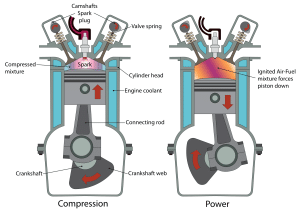
Different Types of Spark Plugs
You cannot simply fit any spark plug into your engine and expect it to perform correctly. Your car was engineered to work with specific types, and installing the wrong ones can lead to serious problems. Here are some key differences:
- Electrode Materials: Different spark plugs can have different electrode materials, including copper, platinum, and iridium. Each offers different performance characteristics, durability levels, and costs. Iridium typically provides the longest lifespan, whilst copper tends to wear out more quickly.
- Design Variations: Spark plugs vary in design, with differences in thread size, reach (how far the plug extends into the combustion chamber), and electrode configuration. These design elements must precisely match your specific engine to ensure proper combustion and heat dissipation.
- Heat Range: This aspect is crucial but frequently misunderstood. It indicates how quickly a spark plug can transfer heat away from its tip, with some dissipating heat faster and others retaining it longer. Using a spark plug with the wrong heat range can lead to anything from poor performance to catalytic converter damage. That’s why following manufacturer recommendations is absolutely essential.
Vehicle manufacturers specify the exact type of spark plug your engine requires based on extensive testing. At Quality Car Service, we only fit manufacturer-specified, high-quality (OEM) parts.
(OEM stands for Original Equipment Manufacturer. When it comes to vehicle parts, this means the parts are made by the same company that produced the original parts for the vehicle manufacturer)
Selecting the correct spark plugs is essential, but how they’re installed matters equally. Get it wrong, and you’ll face engine troubles, diminished performance, and a huge repair bill.
Not sure which type of spark plug your vehicle needs? Contact Quality Car Service on 01908 376555.
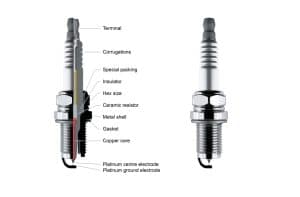
Common Issues With Spark Plugs
Over time, spark plugs can wear out or lose effectiveness for various reasons:
- Engine Conditions: Oil seepage into the combustion chamber, incorrect air/fuel mixtures, or cooling system issues will harm your engine and compromise your spark plugs. Maintain your engine regularly, and your spark plugs will keep delivering for you for longer.
- Driving Habits: Only taking short journeys and stop-start driving can accelerate spark plug deterioration. When your engine doesn’t reach optimal operating temperature, it runs rich, leading to carbon accumulation on spark plugs, which can end with misfires, rough idling and decreased fuel economy. Whenever possible, give your car a good run on a longer journey to help maintain proper combustion and extend spark plug longevity.
- Fuel Quality & Additives: The fuel you choose impacts your spark plugs. The standard of fuel in the UK is generally high, but some brands contain fewer cleaning additives than others. This can lead to carbon buildup. Performance vehicles particularly benefit from higher-octane fuels that help maintain cleaner combustion chambers and protect spark plug functionality. Using quality fuel with effective additives helps minimise harmful deposits and extend the spark plug life.
- Heat Range: Spark plugs must operate at precisely the right temperature – neither too hot nor too cold. If they run too cool, carbon can accumulate. If they run too hot, the fuel might ignite prematurely, damaging your engine. Your car’s manufacturer has determined exactly which type works best for your specific engine, so always adhere to their recommendations.
Signs Your Spark Plugs Need Replacing
When spark plugs begin to fail, your vehicle will show clear warning signs. Here’s what to watch for:
- Starting Difficulties: If your vehicle becomes reluctant to start, particularly in colder weather, worn spark plugs may be struggling to generate an adequate spark. This warning sign typically worsens until eventually, the engine fails to start altogether.
- Poor Performance & Misfires: Worn spark plugs may cause power loss during acceleration, rough idling or a feeling of hesitant or jerky acceleration, especially under load. Since ineffective spark plugs don’t ignite the fuel/air mix properly, you’ll likely notice decreased fuel economy too. Left unchecked, the frequent misfires may lead to catalytic converter damage, alongside a hefty repair bill.
- Check Engine Light: When spark plugs fail to function properly, your vehicle may illuminate the check engine warning light on your dashboard. Modern engine management systems are constantly monitoring for issues, so never ignore this alert!
The problem is that these symptoms can mimic other underlying issues, making spark plug issues challenging to diagnose. If you notice any symptoms, don’t wait until you’re stranded. Ring Quality Car Service on 01908 376555 for expert advice.
Guide: How Are Spark Plugs Replaced?
We use specialised tools and our extensive technical knowledge to ensure your spark plug replacement is completed correctly.
To access your spark plugs, we first remove the engine cover, then carefully remove each old plug with the correct spark plug socket tool.
Before installing new plugs, we ensure they match the manufacturer’s specifications. We clean the surrounding area so that no dirt enters the cylinder during installation. We start by threading the plugs in by hand, then tighten them to the exact torque recommended. Finally, we reassemble everything and test the engine to check it’s back to full health.
Numerous complications can arise if the job isn’t done properly:
- Cross-threading during installation can cause expensive cylinder head damage
- Incorrect torque can lead to compression leaks or damaged plug threads
- Seized plugs might break during removal, so then need specialist extraction
- Debris entering the cylinder during installation can cause internal engine damage
- Using the incorrect plugs risks engine performance issues or potential catalytic converter damage
Our highly qualified technicians at Quality Car Service have extensive experience replacing spark plugs on all makes and models.
We only ever use manufacturer-specified parts and regularly calibrate our torque wrenches to ensure every plug is tightened to exact specifications. This meticulous attention to detail means your engine runs smoothly long after a service at our Milton Keynes garage.
Don’t Wait: Replace!
We understand the temptation of saving a few pounds and delaying your spark plug replacement- especially when they seem to still be functioning. However, with spark plugs, waiting too long invites serious trouble. Any money you save will be short-lived as you’ll pay significantly more later – usually at the most inconvenient moment by breaking down on busy Milton Keynes roads.
When Should You Replace Your Spark Plugs?
How frequently you should replace your spark plugs depends on their type:
- Copper plugs wear out fastest – they’re less expensive initially but require more frequent replacement
- Platinum plugs cost more than copper but offer extended durability
- Iridium plugs have the highest price tag, delivering the longest lifespan
While these differences exist, you don’t actually have a choice! Your car’s engine is designed to work with a specific type, and using the wrong one will leave you with significant problems.
At Quality Car Service, we always follow the manufacturer’s recommendations to protect you against substantial repair bills down the line. The risk simply isn’t worth taking!
Spark Plug Myths
Throughout our years serving Milton Keynes motorists, our specialists at Quality Car Service have encountered numerous misconceptions about spark plugs. Here are some of the most common:
“If one spark plug is bad, only that one needs replacing.”
There’s a logic there, but it’s sadly misguided. Taking this route will just end in repeated garage visits and unnecessary expense. As spark plugs age at roughly similar rates, when one fails, the others are likely approaching the end of the line, too. That’s precisely why vehicle manufacturers advise replacing the complete set at once. You’ll save time and money by replacing the whole set when maintenance is due.
“Spark plugs are all the same.”
Absolutely untrue! Spark plugs come in various types (copper, platinum, iridium), with different heat ranges and electrode designs specifically engineered for your engine, as explained earlier in this blog. Using the incorrect plug can lead to poor performance, reduced fuel economy, or even engine damage. Manufacturers specify particular plug types for good reason – they’ve been carefully matched to your exact engine.
“Spark plugs only affect starting the engine.”
Not true! Some drivers believe spark plugs only matter when starting the engine, but they actually fire thousands of times per minute to keep the engine running. While they do play a crucial role in getting your car started, their job doesn’t end there.
“Modern spark plugs last forever.”
This myth leads many drivers to neglect essential maintenance. While today’s spark plugs certainly outlast previous generations, they remain components that deteriorate with use. Continuous electrical sparks, extreme temperature fluctuations, and combustion byproducts gradually erode the electrode. Even premium iridium plugs eventually wear down. Follow your manufacturer’s recommended replacement intervals to maintain engine performance and reliability.
Forget Guesswork: Consult The Experts
Most drivers only learn about crucial components like spark plugs after they’ve failed – don’t fall into this trap! Being proactive about engine maintenance will stop the damage before it occurs.
Our approach at Quality Car Service is that prevention is always preferable to repair. With us, you’ll get:
- Outstanding value and transparent pricing
- Our comprehensive 12-month parts and labour guarantee
- Specialist tools and highly skilled technicians for precise spark plug inspection and replacement
- A commitment to using only genuine or high-quality OEM parts
Our reputation as Milton Keynes’ trusted vehicle specialists has earned us a {{average-rating}} star Google rating from {{review-count}} satisfied customers. Our expert team will keep you safe on Buckinghamshire’s roads.
Don’t leave your engine’s health to chance. Ring us on 01908 376555 with any questions about your vehicle.
